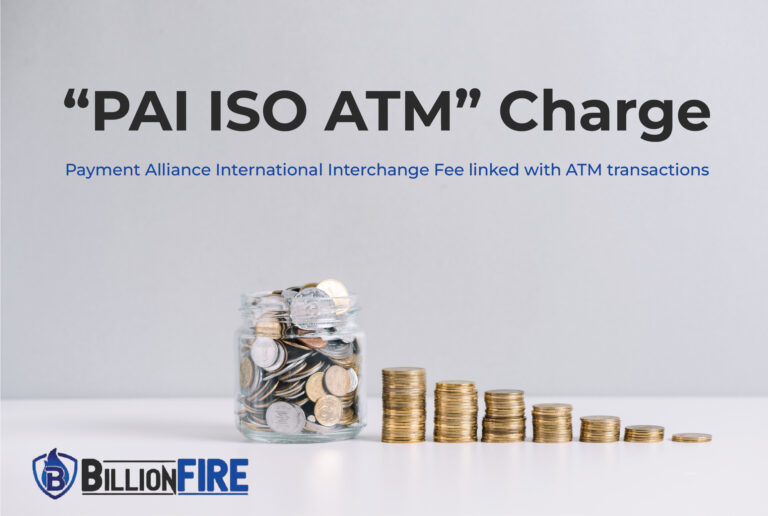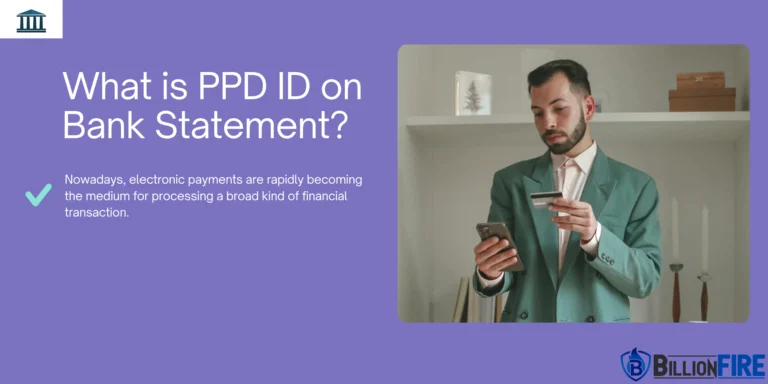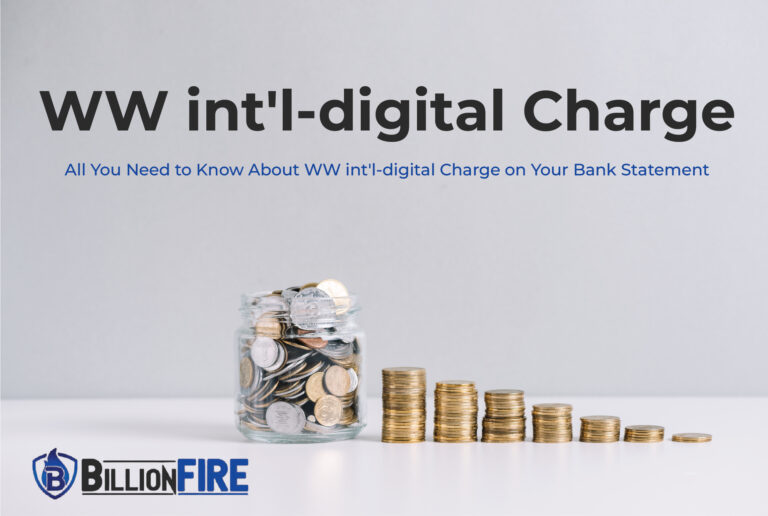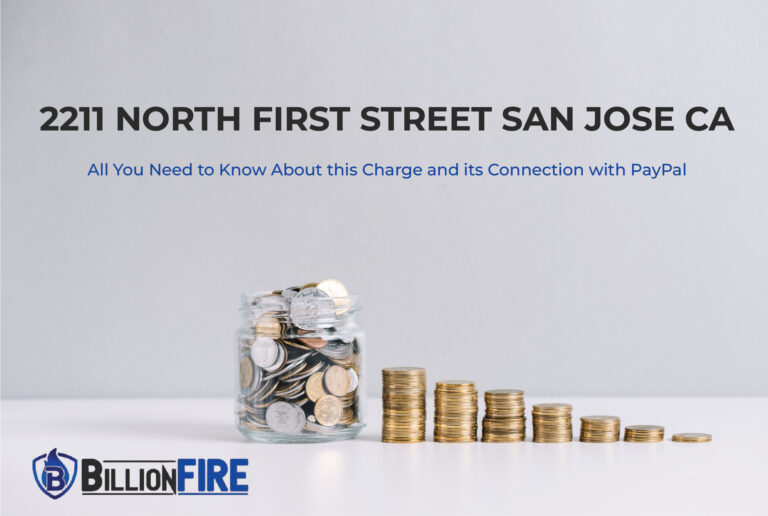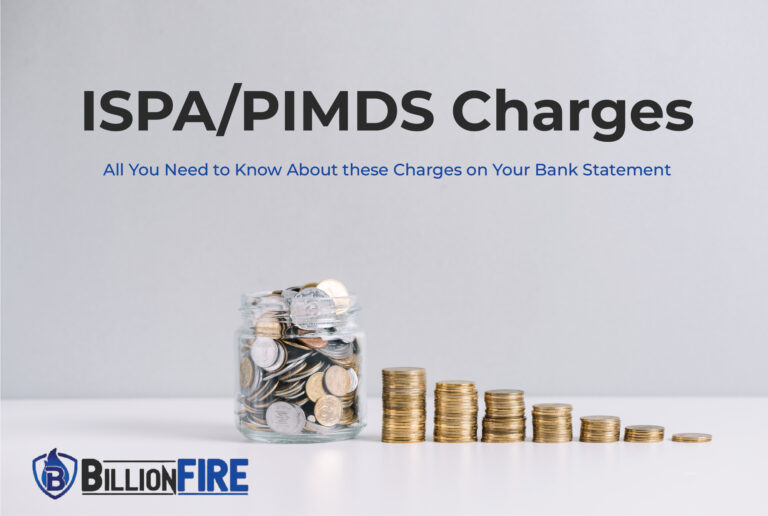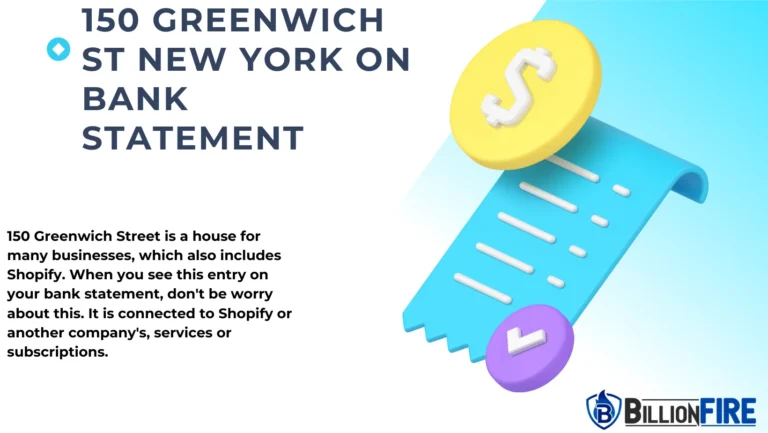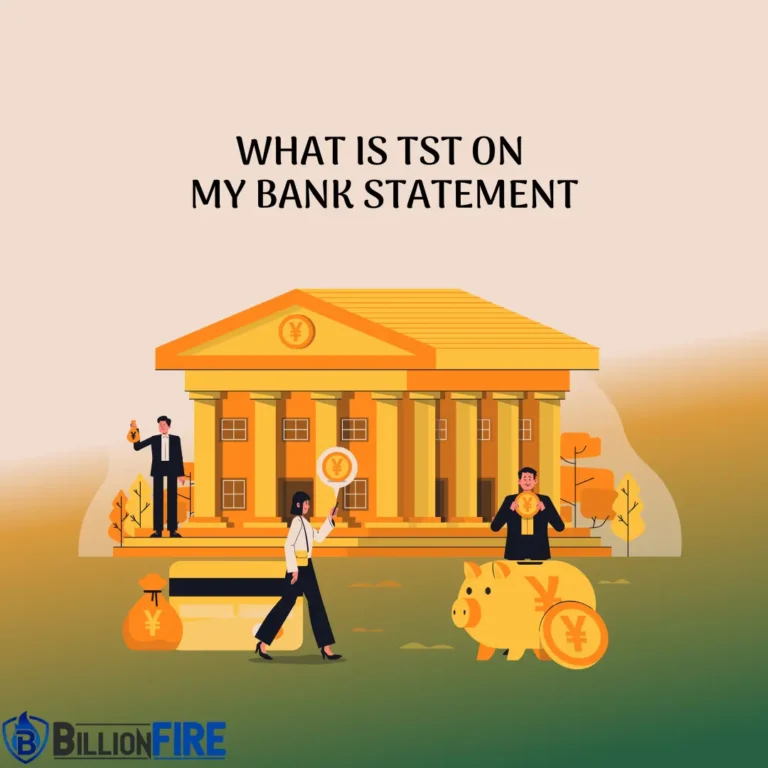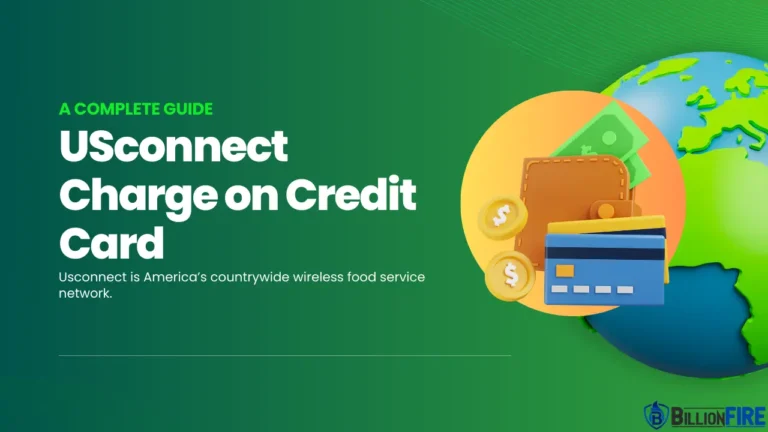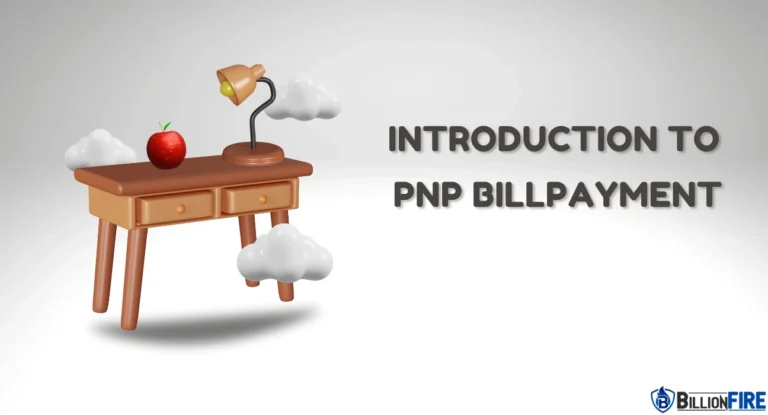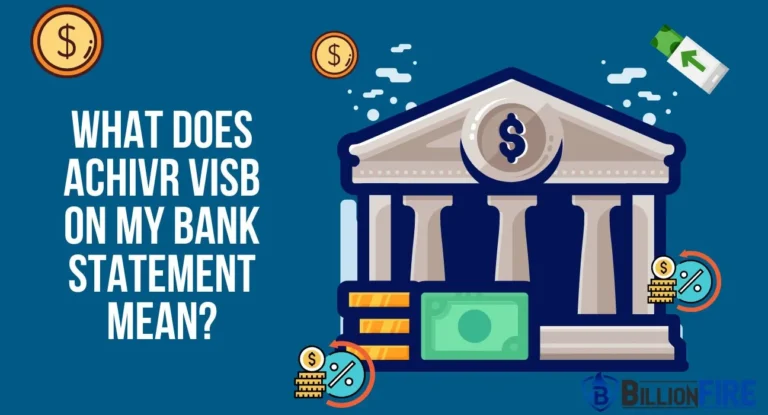What’s the “PAI ISO ATM” Charge?
If you just saw a “PAI ISO ATM” charge on your bank or credit card statement and don’t know about it, then this post will explain everything regarding what this charge is about and what to do next. For starters, this charge isn’t supposed to be an error. “PAI ISO ATM” charge is commonly connected…

